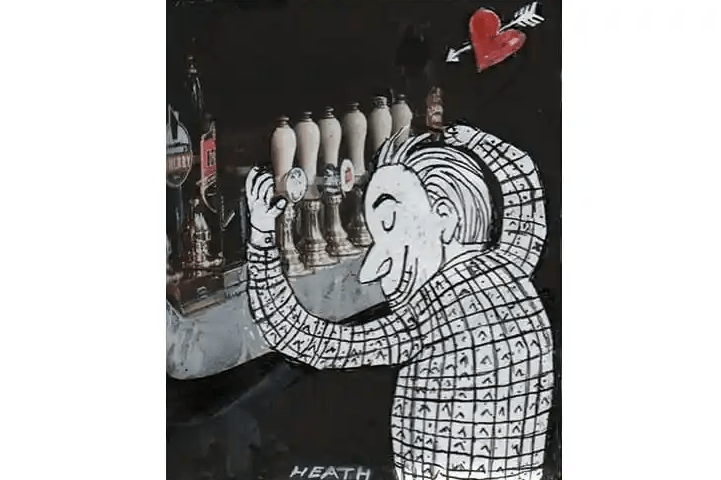![]()
00:00
04:03
Michael Simmons has narrated this article for you to listen to.
Absolutely nobody feels better at the end of Dry January. Mornings are still a struggle, you’re as tired as ever, and if anything the neurotic voice in your head is even louder. Yes, you may have gone to the gym every Sunday, but how has your life improved? It hasn’t.
Already a subscriber? Log in
Subscribe for just $2 a week
Try a month of The Spectator Australia absolutely free and without commitment. Not only that but – if you choose to continue – you’ll pay just $2 a week for your first year.
- Unlimited access to spectator.com.au and app
- The weekly edition on the Spectator Australia app
- Spectator podcasts and newsletters
- Full access to spectator.co.uk
Or
Unlock this article
You might disagree with half of it, but you’ll enjoy reading all of it. Try your first month for free, then just $2 a week for the remainder of your first year.








Comments
Don't miss out
Join the conversation with other Spectator Australia readers. Subscribe to leave a comment.
SUBSCRIBEAlready a subscriber? Log in